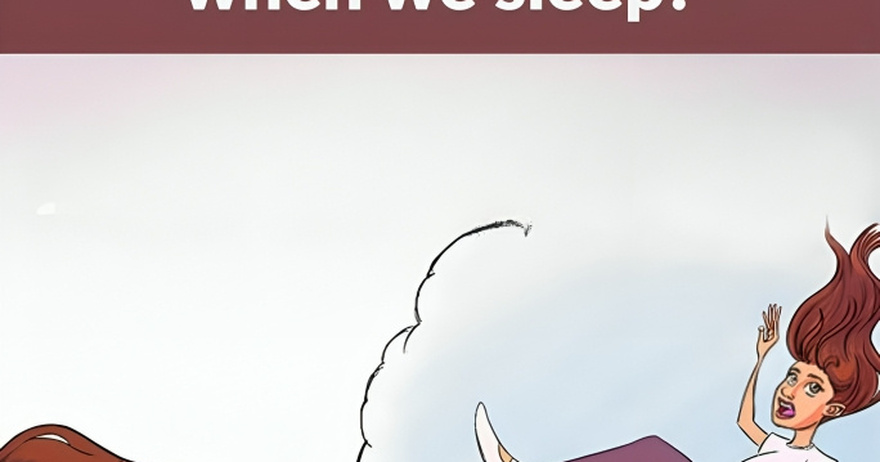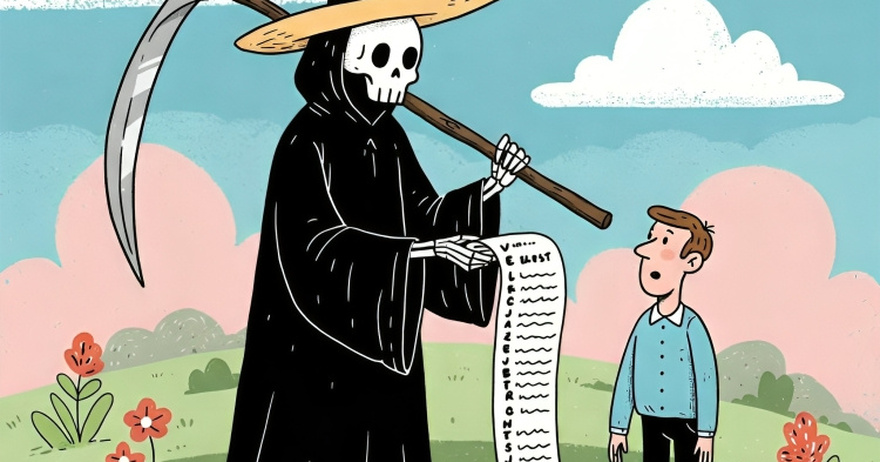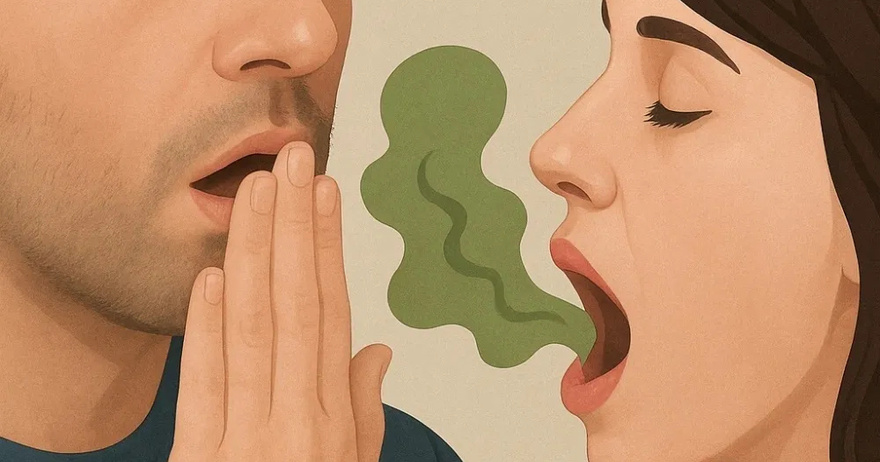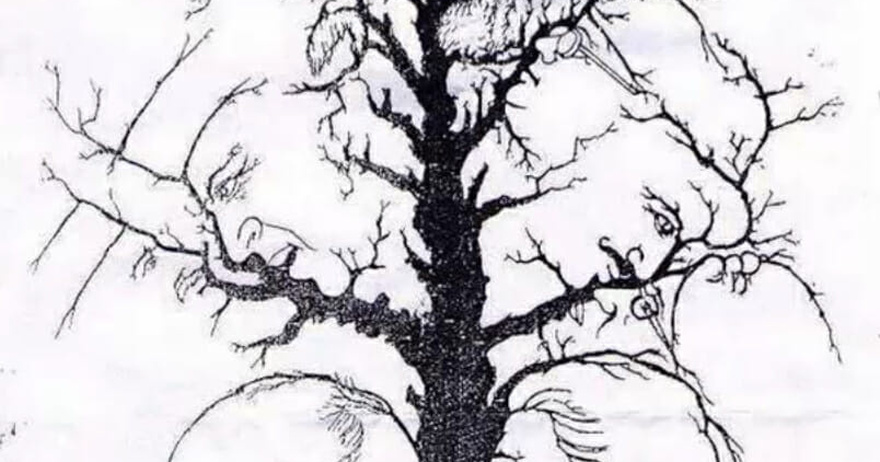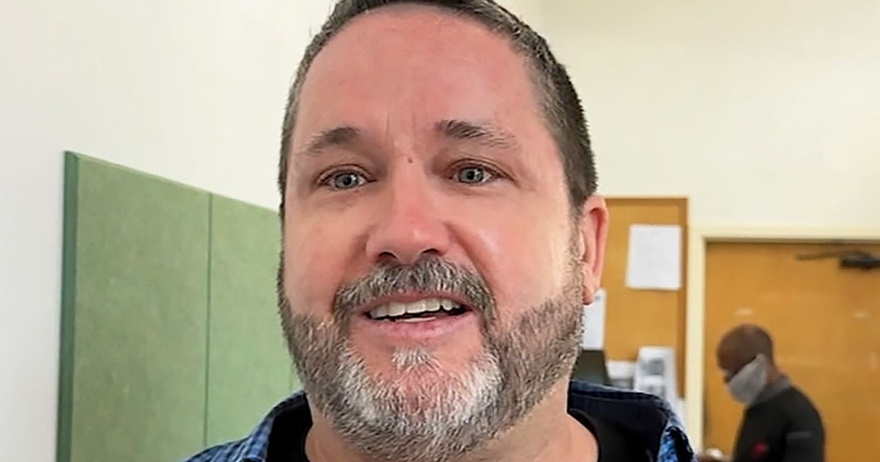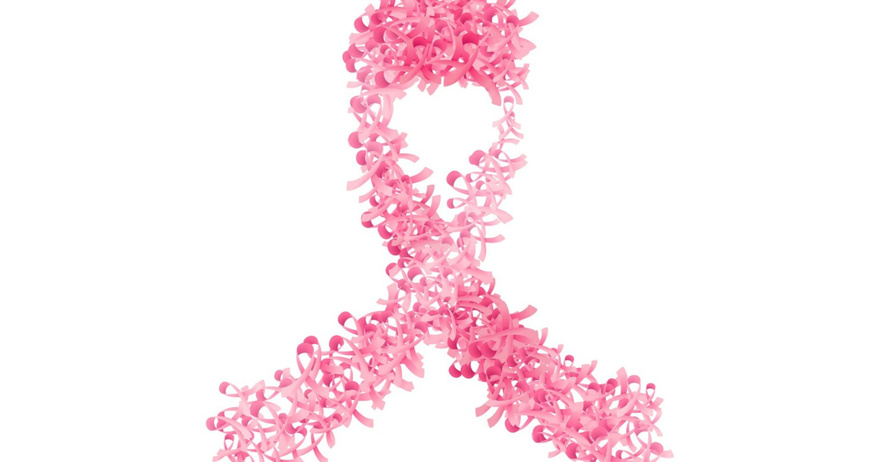In the fast-paced world of work, it’s all too easy to get bogged down by routine tasks. The daily grind can make our minds feel trapped in a loop of monotony. But what if there was a way to refresh your mind and enhance your problem-solving skills all at once? Engaging with thought-provoking riddles and puzzles can offer the perfect mental respite, allowing you to recharge, sharpen your focus, and even boost your creativity.
Why Riddles and Puzzles Are the Perfect Mental Break
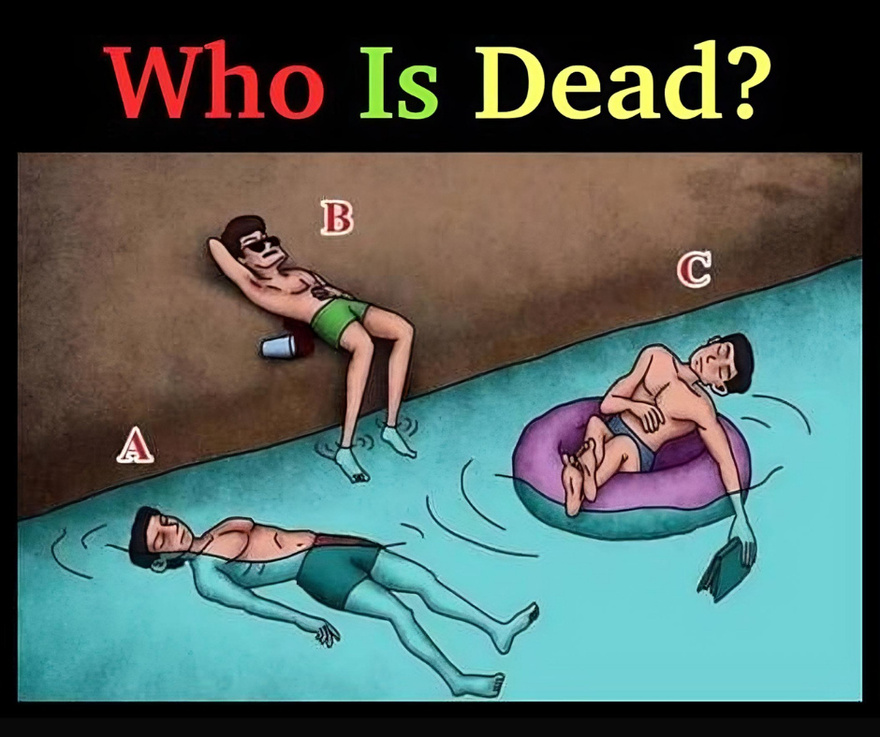
Riddles and puzzles require us to think differently, making them an ideal way to break away from the repetitive tasks that often fill our workdays. By shifting your focus from the usual tasks to a playful, intellectual challenge, you activate different areas of the brain. This mental shift not only helps to relieve stress but also encourages creative thinking.
Consider how analyzing a riddle requires you to observe details closely, consider alternative perspectives, and arrive at logical conclusions. It’s a workout for your brain that’s both stimulating and rewarding, giving you a break from routine while helping you to stay mentally agile.
The Hidden Benefits of Brain Teasers for Productivity
It might seem counterintuitive, but spending a few minutes on a challenging riddle or puzzle can actually improve productivity. When you give your brain a chance to focus on something engaging and fun, you break free from the mental fatigue that can set in during a long workday. By recharging your mental energy, you’re more likely to return to your tasks with a fresh perspective and renewed focus.
The cognitive benefits of solving puzzles also extend beyond temporary mental refreshment. Regular engagement with these types of brain teasers can lead to enhanced memory, faster problem-solving skills, and even improved mood. So the next time you’re feeling drained, take a quick puzzle break and let your mind recharge.
Incorporating Riddles into Your Daily Routine for Balance
Finding a work-life balance is essential for maintaining a healthy and fulfilling career, and incorporating puzzles into your daily routine can be a simple yet effective tool. Set aside a few minutes during lunch breaks or in the late afternoon to tackle a riddle or two. These mental breaks can help you shift gears and find a sense of calm amidst the chaos of a busy workday.
Many people find that starting or ending their day with a puzzle helps them feel more focused and centered. Whether you’re warming up your mind for the tasks ahead or winding down after a day’s work, the act of solving a riddle can be a fulfilling addition to your routine. It’s a small change with a big impact, helping you to maintain mental clarity and well-being.
The Power of a Riddle: Analyzing “Who Is Not Alive?”
Take, for example, a riddle that asks, “Who Is Not Alive?” You’re presented with an image of three individuals: Person A floating in water, Person B whose legs are causing ripples, and Person C holding a submerged laptop. At first glance, the answer may seem obvious, but deeper analysis reveals the hidden complexities of the puzzle.
Person B: The ripples around Person B’s legs indicate movement, suggesting that they’re very much alive. That immediately rules out Person B as the answer.
Person A: There’s a common misconception that a floating body in water signals death. However, it takes days for a body to rise to the surface after drowning, meaning that Person A’s floating presence isn’t necessarily a sign of death.
Person C: Now, consider Person C, holding a laptop that is submerged. This unusual clue suggests Person C may be unconscious or deceased. As the only person without clear indicators of life, Person C is most likely “not alive” in this context.
The process of observing each detail, eliminating the unlikely scenarios, and reaching a logical conclusion enhances critical thinking. It’s not just about solving the riddle; it’s about training your mind to see beyond the surface and develop a thoughtful approach to problem-solving.
Sharing Riddles: Building Connections and Social Stimulation
Riddles aren’t just a solo activity—they can also foster social connections. Sharing puzzles with friends, family, or coworkers provides a great opportunity for collaborative problem-solving. It’s a chance to bond over a shared challenge and bring a sense of camaraderie to the process.
This social aspect of riddles can also boost teamwork in a work environment. By solving a riddle together, team members can practice communication, brainstorming, and collective decision-making, all of which are essential skills in any workplace. It’s a fun and interactive way to strengthen relationships and create a positive, engaging work culture.
Conclusion: Embrace the Power of Riddles for a Balanced Mind
In a world that often demands relentless productivity, it’s essential to remember the importance of mental well-being. Riddles and puzzles offer a simple yet powerful way to recharge, sharpen your mind, and even enhance your problem-solving abilities. By making time for these mental breaks, you not only enhance your focus but also develop a more resilient, creative mind.
Embrace the power of riddles as a tool for mental stimulation and social connection. They may be small, but the benefits they bring to productivity, creativity, and overall job satisfaction are truly invaluable. So go ahead, take a few moments each day to immerse yourself in a good riddle—you might just discover that the answer to a more balanced life was there all along.
She Received Meghan Markle’s As Ever Box — and Sent Something Back: ‘One Lifestyle Homemaker to Another’
Gilbert Arenas’ Son Alijah Out of Coma but Remains Intubated After Cybertruck Car Crash
Hailey Bieber Sends On-Stage Message to Justin Bieber Amid Ongoing Health Speculation and Paparazzi Battle
My husband abandoned me and our child in his crumbling, outdated shack. Little did he know, beneath that dilapidated house lay a secret room filled with gold — a treasure that had been hidden for years.




















